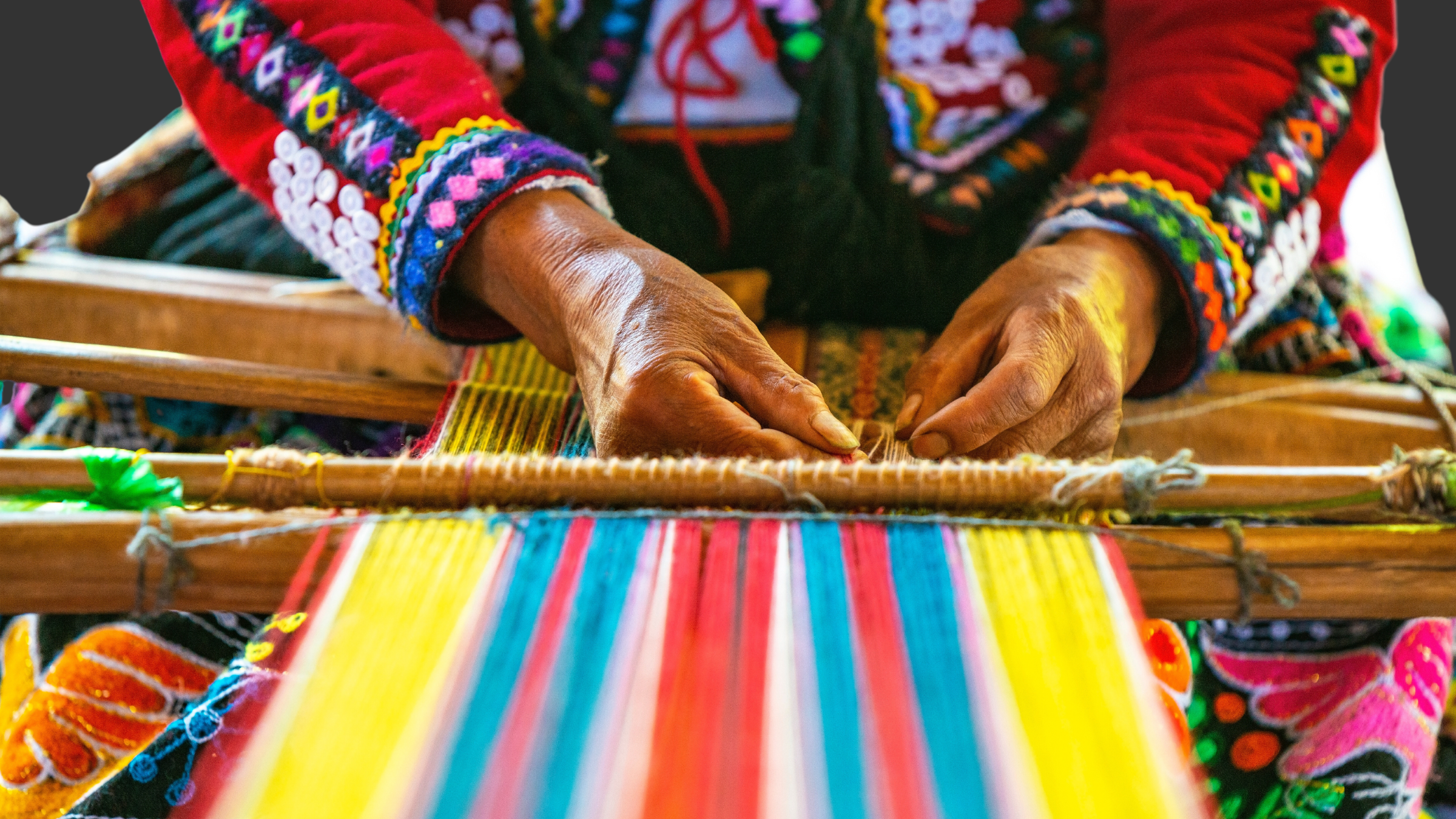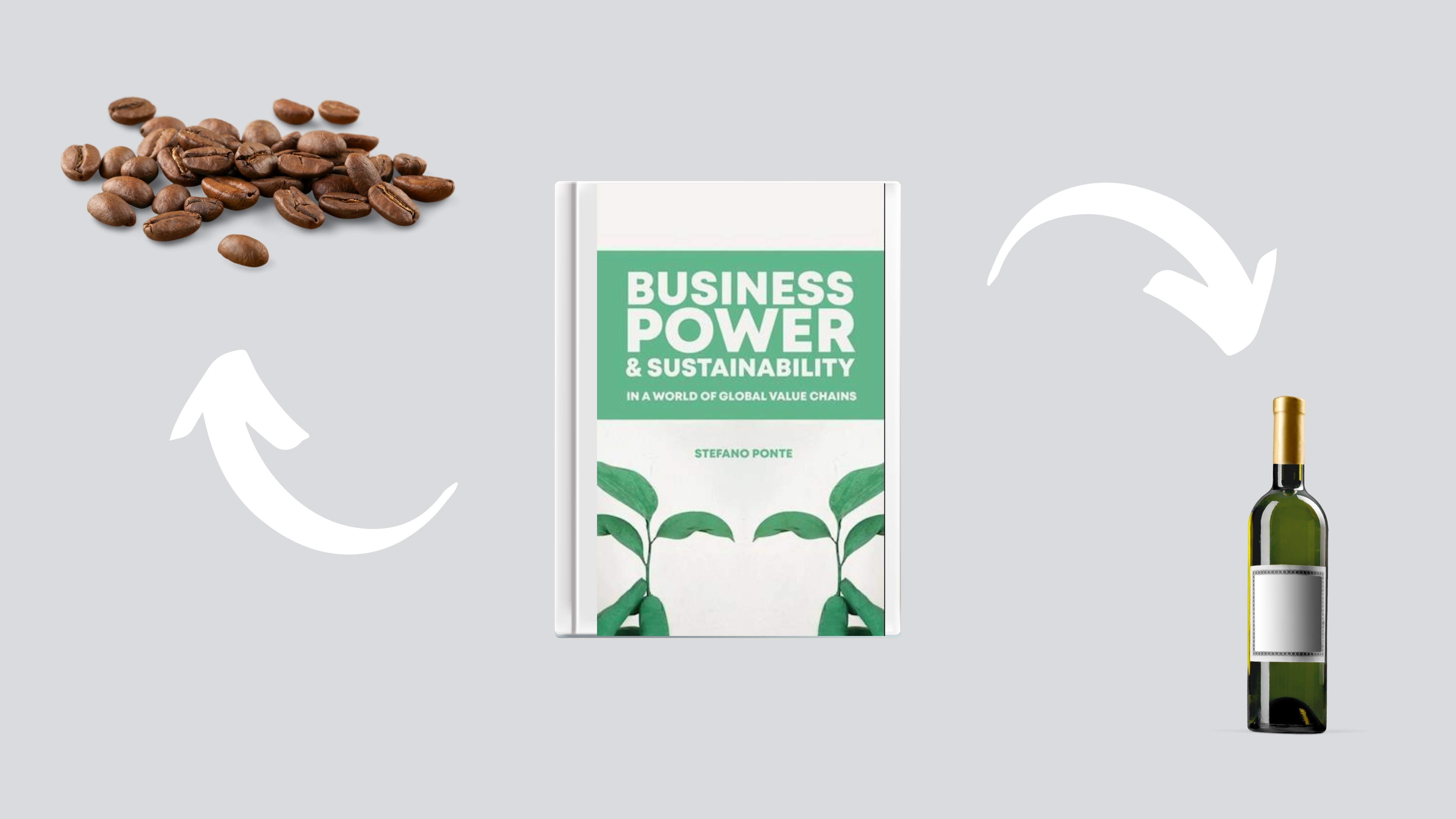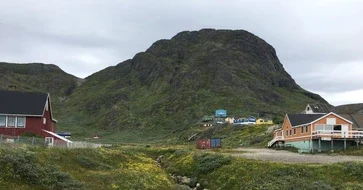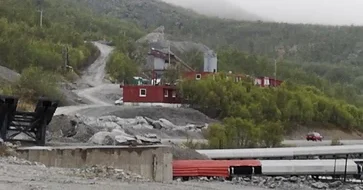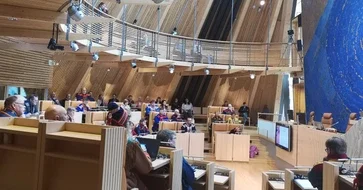International sanctions and increased vulnerabilities of supply chain workers: Polytex Garments Limited factory closure in Sri Lanka
By Shyamain Wickramasingha The alleged human rights abuses in the Xinjiang Uyghur Autonomous Region of China led to US sanctions and then the Uyghur Forced Labor Prevention Act. The US Congress passed this Act in December 2021, and it came…
Crisis mode in the Sri Lankan apparel industry: a closer look at the implications for firms and workers
By Shyamain Wickramasingha How can an entire industry flourish during a crisis, yet plunge its workers into precarity? As Sri Lanka is battling its worst economic crisis for 70 years, this blog looks at the crisis’s paradoxical effects on the…
Labour Codes of Conduct: Workers’ Rights and Unions in Southern Africa’s Garment Industry
The garment industry is often portrayed as an industry that has the potential to bring about large-scale economic and social changes in countries in the Global South. Bangladesh and China are examples of this, where garment manufacturing led to increased levels of employment and further industrial development.
Escaping Known Sustainability Problems: From Diamonds to Coloured Gemstones
Did you also wonder why coloured gemstones, like rubies and emeralds, are ‘back in the market’? And why they abruptly compete with diamonds, which were otherwise the most valuable and desirable stones since the early 1900s?
Contested Sustainability in Tanzania: The Political Ecology of Conservation and Development
New and more complex partnerships are emerging to address the sustainability of natural resource use in the Global South. These partnerships variously link donors, governments, community organizations, NGOs, firms, consultancies, certification agencies and other intermediaries.
Businesses are finally committing to protecting forests – but how are local livelihoods affected?
The private sector is becoming increasingly vocal in its efforts to reduce deforestation. The last decade has seen a number of major firms making zero-deforestation commitments (ZDCs); pledging to eliminate deforestation in their supply chains, including Nestlé, Cargill, Unilever and Mondelez International.
‘Not every time is the right time for real-time marketing’: Branding in the COVID-19 pandemic
As the global Covid-19 pandemic spread through Europe and North America, companies raced to communicate how they were responding to the crisis. Advertising that focuses on a company’s response to humanitarian crises is hardly new.
We must move beyond ‘green capitalism’
Big corporations are branding themselves as sustainable. But the capitalist logic of expansion and consumption that make them thrive is the real climate issue, CBS professor claims in a new book. Stefano Ponte, Professor of International Political Economy and Director,…
Blogpost series #4: Consultations, Public Participation and Meaningful Stakeholder Engagement
In many places worldwide, there are requirements for the process of deciding whether and how to go ahead with specific projects as part of societal development. Such requirements concern, for example, new projects to extract of raw materials such as minerals, oil or gas; the establishment of renewable energy facilities such as wind turbines, as well as infrastructure projects such as harbours or airports.
Blogpost series #3: Consultations, Public Participation and Meaningful Stakeholder Engagement
Consultation of the public in the context of assessments of societal or environmental or impacts is not only common but mandated by law in several countries. In many places mandatory environmental impact assessment goes back to the 1970s.
Blogpost series #2: Consultations, Public Participation and Meaningful Stakeholder Engagement
In a short series of blog-posts we explore stakeholder participation in planning and decision-making on energy and infrastructure projects and similar activities. Guided by a research question asking what is a good process for involvement in Social, Environmental or Human Rights Impact Assessment (IA) from the citizen’s perspective, the posts disseminate results from a project on best practice funded by the Nordic Research Council’s NOS-HS scheme.
Blogpost series #1: Consultations, Public Participation and Meaningful Stakeholder Engagement
Insights into the concerns or needs of communities or individuals who may be affected by planned or proposed private or public energy projects or infrastructure projects is important for those who will eventually decide whether the project will be approved to make an informed decision.



